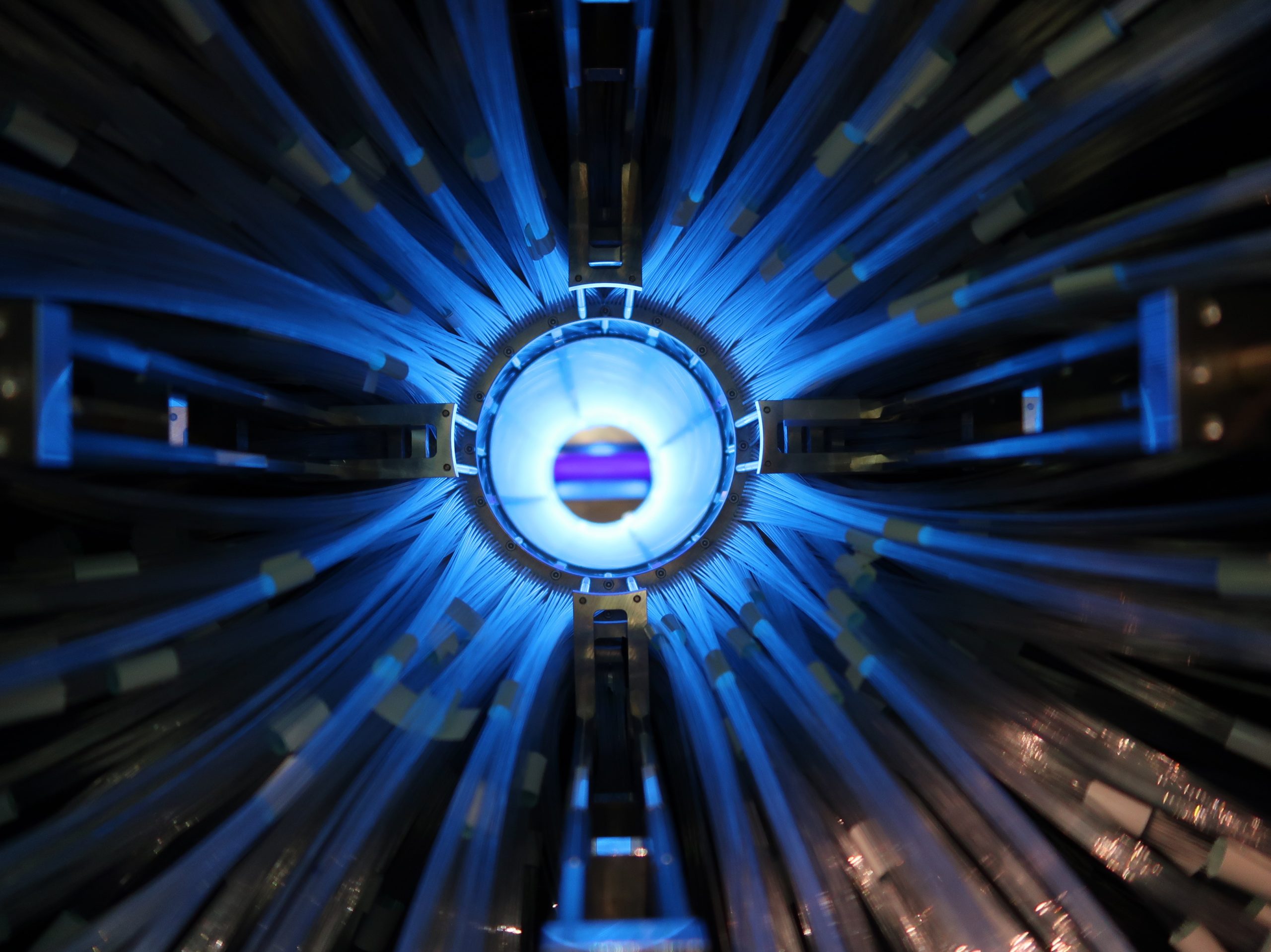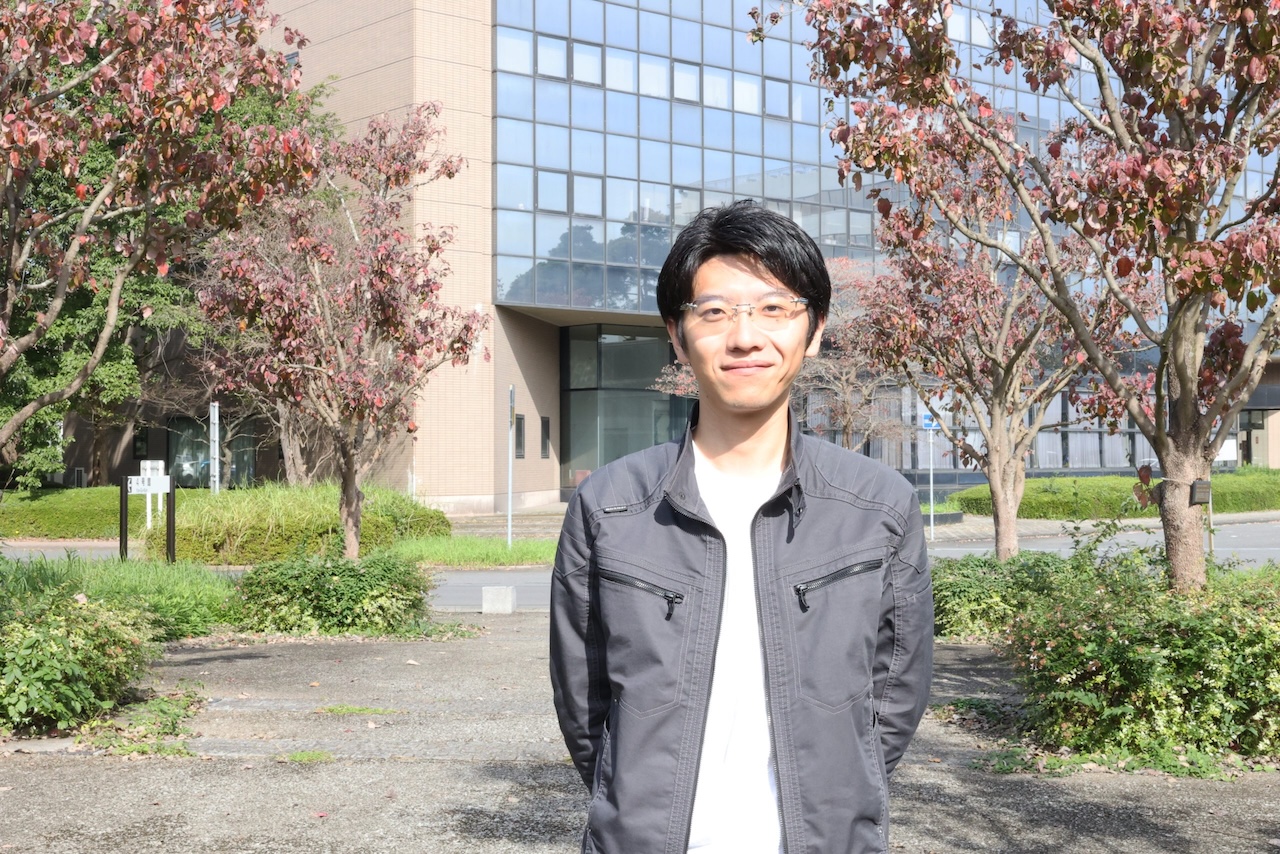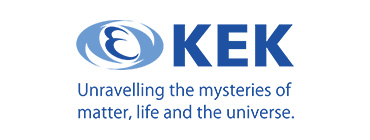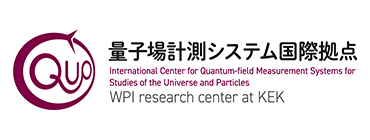- Topics
[Welcome to the IPNS] Interview with Dr. Yuki Sue of the EF group
December 11th, 2024
In August 2024, Dr. Yuki Sue joined the Energy Frontier Group at IPNS as a postdoctoral Fellow.
We interviewed him about what sparked his interest in the world of particle physics, the research he has conducted, and how he refreshes his mind when faced with challenges in his work.
■What sparked your interest in particle physics?
My interest in particle physics was started in middle school when I read a copy of Newton, a science magazine published by Newton Press, at the library. The challenging content gradually drew me into understanding this fascinating world that stimulated my curiosity. Initially, I was interested in chemistry, especially in unraveling the building components of matter, I gradually became more curious about the fundamental particles that make up matter and the theories that describe the forces that act on them.
■What kind of research were you involved in before coming to KEK?
Before coming to KEK, I focused on the study of the muon anomalous magnetic moment (g-2) – a quantity that shows a discrepancy between experiment and theory. During my master’s degree, I participated in the muon g-2/EDM experiment at the J-PARC accelerator facility in Tokai-mura, Ibaraki. I worked on the development of a monitoring tool for muons in the world’s first muon linear accelerator. During my Ph.D. studies, I joined the SuperKEKB/Belle II experiment at KEK, where I measured hadron production cross sections from electron-positron collisions, which are used as theoretical input for the theoretical calculations related to the muon anomalous magnetic moment.
■What kind of research do you hope to pursue at KEK?
At KEK, I will contribute to the LHC-ATLAS experiment at the European Organization for Nuclear Research (CERN) in Switzerland. This experiment studies proton-proton collisions at the highest energies to explore new physics. Although the LHC-ATLAS experiment has been running for more than ten years, a major data upgrade is planned for 2026-2029 to increase the data volume tenfold in order to unravel the mysteries of the universe and new physics. Japan is contributing to this upgrade in several areas, and I plan to work specifically on the upgrade of the muon trigger system electronics.
■Can you share your method of refreshing your mind when facing difficulties in research and work?
When I feel stuck or need to think, I often go for a walk. This might mean pacing aimlessly around my room or taking a stroll around the KEK campus. On the weekends, I might spend a few hours wandering around the city. While I enjoy the scenery, the main benefit of walking is that it allows me to focus on thinking without distractions, which often leads to new ideas or clearer thinking.
——————————–
We look forward to your future activities at the IPNS!








